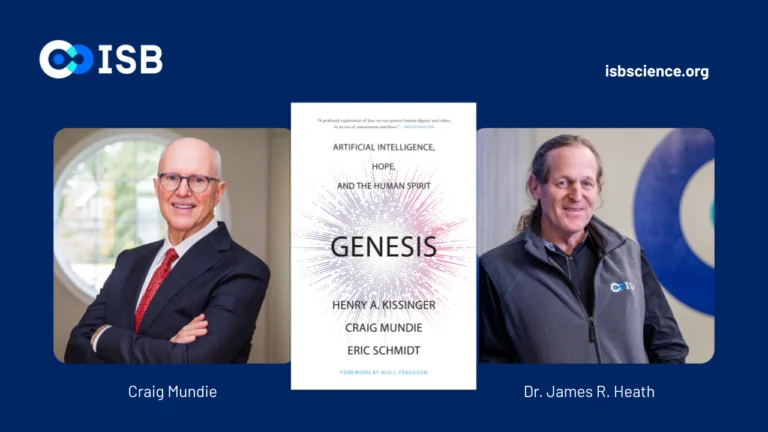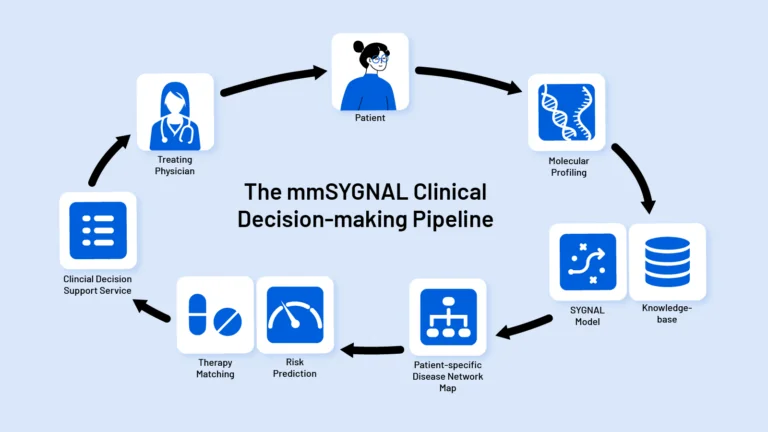
From 'Genesis' to Reality: Decoding the AI Revolution
Co-Author Craig Mundie and ISB’s Dr. Jim Heath discuss AI’s rapid evolution, ethical considerations, and potential to revolutionize science and society in a compelling Town Hall event.
Filter
Sort

Co-Author Craig Mundie and ISB’s Dr. Jim Heath discuss AI’s rapid evolution, ethical considerations, and potential to revolutionize science and society in a compelling Town Hall event.

ISB is deeply saddened to share the passing of Valerie Logan Hood, beloved wife of ISB Co-founder and Professor Dr. Lee Hood. Her lifelong dedication to K-12 education helped create and shape ISB’s programs, and her influence will be felt for generations to come.

A team of researchers has developed a powerful new tool that could transform how doctors treat multiple myeloma, a complex and often unpredictable blood cancer.

In the March installment of the 2024-25 academic year roundup, we highlight how ISB educators have been active in the local community, and more.

ISB Professor Sui Huang challenges the prevailing view of cancer as purely genetic in a new essay published in PLOS Biology. Huang and colleagues argue that many cancers lack identifiable driver mutations, suggesting non-genetic factors and disrupted gene regulatory networks may play crucial roles in cancer development.

ISB researchers have uncovered a stealth survival strategy that melanoma cells use to evade targeted therapy, offering a promising new approach to improving treatment outcomes.